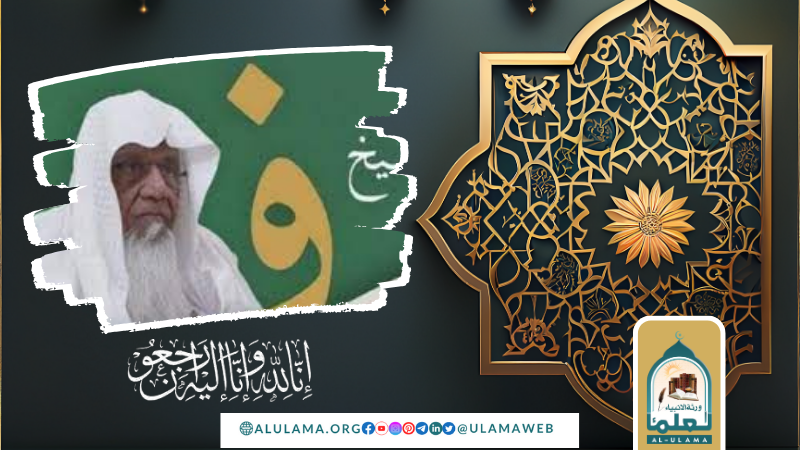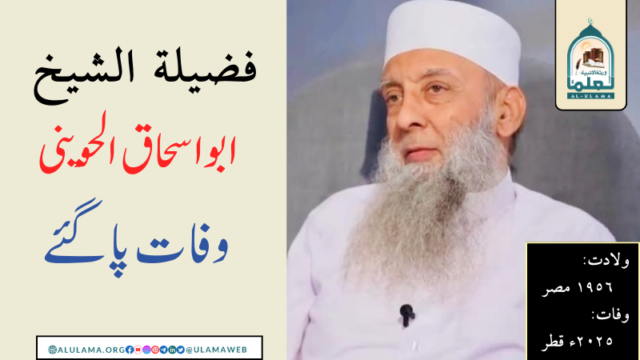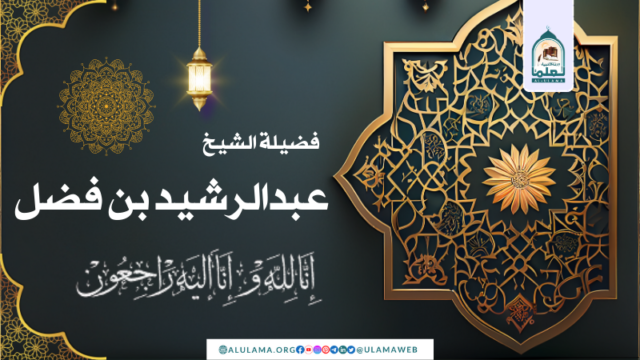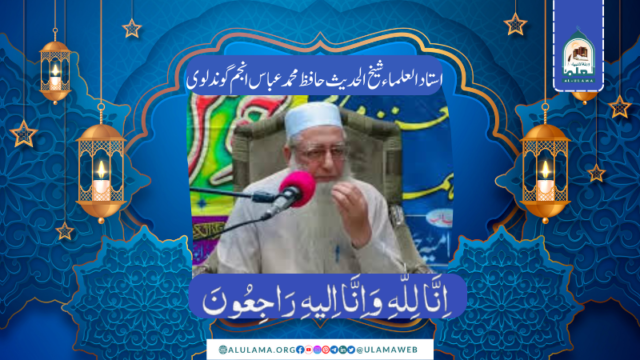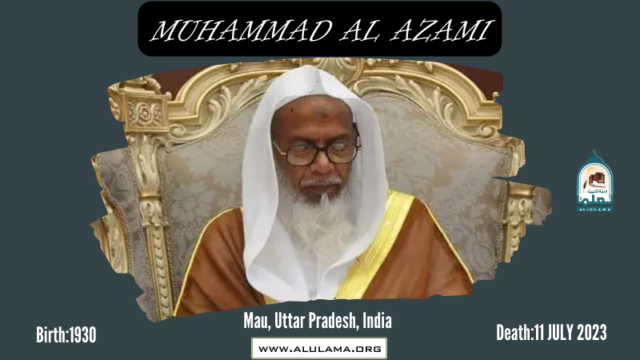The literary writer Sheikh Dr. F. Abdul Rahim passed away On Thursday, 19/10/2023 (Salat-ul-Janazh) the Forgiving, the Merciful. Prayers were offered over him the next day in the Masjid Nabawi (Prophet’s Mosque) after Friday prayers, and he was buried in Al-Baqi’ Cemetery.
He was very much expert of the Arabic language, We was considered the spirit of the translation department of King Fahd Complex. Students used to love his teaching techniques, the way he explained the difficult words and linguistic complications.
Students remember the countless hours spent in the classroom, where they patiently nurtured our understanding of the Arabic script and its lyrical nuances. Their passion for the language was infectious, and it ignited a flame within each of us to explore the mysteries of Arabic literature and expression.
Some of his students paid attribute to him in such words that we do so with heavy hearts but grateful souls, knowing that our teacher’s spirit lives on in the words we read and the language we speak. In memory of their dedication and the impact they had on our lives,
May Allah SWT forgive his mistakes and human errors.
A summary of his life and works
His original name is Abdul Rahim, and the abbreviation “F” before his name refers to his family name, “Fania Mabadi,” and he is from a city in southern India.
He was born in Tamil Nadu on May 7, 1933 AD.
He began learning the Arabic language and became attached to it from a young age. He listened to Arabic radio stations from Egypt and Mecca to enhance his language.
He studied in India and obtained advanced degrees in English and Arabic from Indian and Egyptian universities.
He obtained a graduate degree from Al-Azhar University in Egypt and obtained a doctorate in the origins of the Arabic language.
He went to Saudi Arabia, where he worked as a professor and researcher in the Arabic language and supervised his master’s and doctoral theses.
He was director of the Translation Center at the King Fahd Complex for the Printing of the Holy Qur’an in Medina.
He published many books and research in the field of Arabic language and translation, in addition to translating the meanings of the Holy Qur’an into more than 75 languages.
He – may God have mercy on him – was one of the single scholars who devoted themselves to science and did not marry.
His write ups in Arabic:
Dr. F. Abdul Rahim, may God have mercy on him, has a collection of books in the field of the Arabic language and linguistic studies. Here is a list of some of his books and works.
1. “الدخيل في اللغة العربية الحديثة ولهجاتها” (1973): يتناول فيه ما يقرب من 800 كلمة عربية دخيلة.
2. تحقيق “المعرب” للجواليقي (1990): يقدم تحقيقاً للكتاب مع توضيحاته وتعليقاته.
3. “القول الأصيل فيما في العربية من الدخيل” (1991): يتضمن حوالي 500 كلمة عربية دخيلة.
4. “الإعلام بأصول الأعلام الواردة في قصص الأنبياء عليهم السلام” (1992): يركز على أصول الأعلام في قصص الأنبياء في اللغة العربية.
5. “سواء السبيل إلى ما في العربية من الدخيل” (1998): يتعامل مع حوالي 400 كلمة عربية دخيلة.
6. “معجم الدخيل في اللغة العربية الحديثة ولهجاتها” (2011): يشمل ما يصل إلى 1600 كلمة دخيلة.
7. “سِحر الألحاظ في شعر الألفاظ” (2018): يتناول الشعر والألفاظ في اللغة العربية.
8. “دليل الحَيارى في تسمية كتب اليهود والنصارى”: يتعامل مع تسمية كتب اليهود والنصارى.
In English:
He published a book entitled “Europe Speaks Arabic” in 2008, which deals with Arabic words introduced into English and several other European languages.
There is another book entitled “I am proud to be a Muslim” published by the Islamic Academy in the United Kingdom.
In other languages:
He published books and educational materials in the Arabic language for non-Arabic speakers, including books for children.
He has translated his books and educational materials into several languages, such as Urdu, Tamil and French.
In teaching Arabic language to non-native speakers:
He prepared a group of Arabic language lessons for non-Arabic speakers, including children.
Publish a dictionary of words used in Arabic language lessons for non-native speakers.
He issued a dictionary of words contained in the Holy Qur’an.
Research and articles:
He published many linguistic researches and articles in various journals.
He conducted research on specific terms, the origins of the Arabic language, and the rooting of words in other languages.

